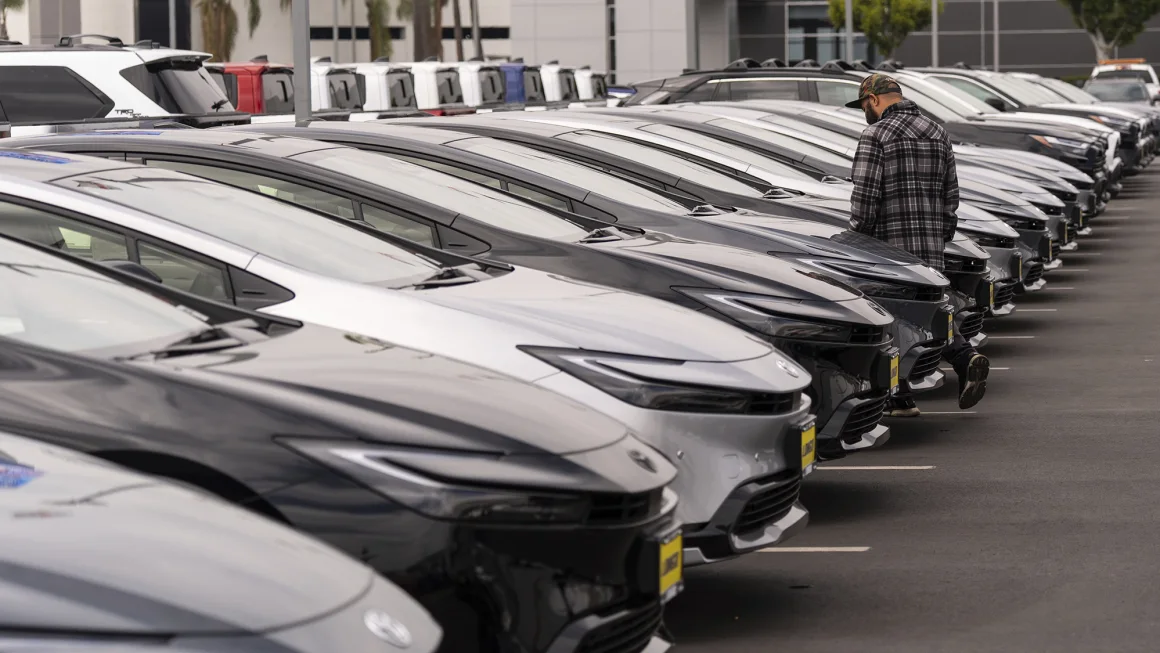With the looming threat of tariffs on imported vehicles and auto parts, many consumers find themselves in a frenzy over whether to make their car purchase before these potential price increases hit the market. The anticipation of rising costs can create urgency, prompting buyers to re-evaluate their timing and strategies for purchasing a vehicle.

If you’re considering a new car, now may be the optimal moment to act. Anticipated tariffs could lead to higher prices for both new and used cars as manufacturers adjust their pricing structures to accommodate increased import costs. By buying sooner rather than later, you might avoid the added financial burden that could come with tariffs, thereby saving yourself a significant amount of money.
However, it’s essential to do your homework before making any hasty decisions. Here are a few key points to consider as you navigate the car-buying process:
- Research the Market: Understand current pricing trends for the makes and models you’re interested in. Knowing the typical price range can help you recognize a good deal and negotiate better.
- Explore Different Financing Options: Even if you plan to buy before tariffs potentially increase prices, securing favorable financing terms is still crucial. Shop around for the best interest rates and loan terms, keeping your budget in mind.
- Check Trade-In Values: If you’re looking to trade in your current vehicle, research its resale value as tariffs could impact the market. A higher trade-in value today could help offset the costs of a new car.
- Stay Informed: Keep an eye on any developments regarding tariffs and related legislation, as these could affect your buying decision. The situation can change rapidly, and being well-informed will empower you to make the best choice.
- Evaluate Your Needs: Make a list of essential features and consider how urgently you need a new vehicle. If your current car is still in good condition, you may have the luxury of waiting for the right deal rather than rushing into a purchase.
Ultimately, while buying a car before tariffs go into effect may seem like a prudent plan, it’s essential to balance urgency with careful consideration. With thorough research and a strategic approach, you can navigate the potential market shifts and make a well-informed decision that suits your financial situation and automotive needs.
